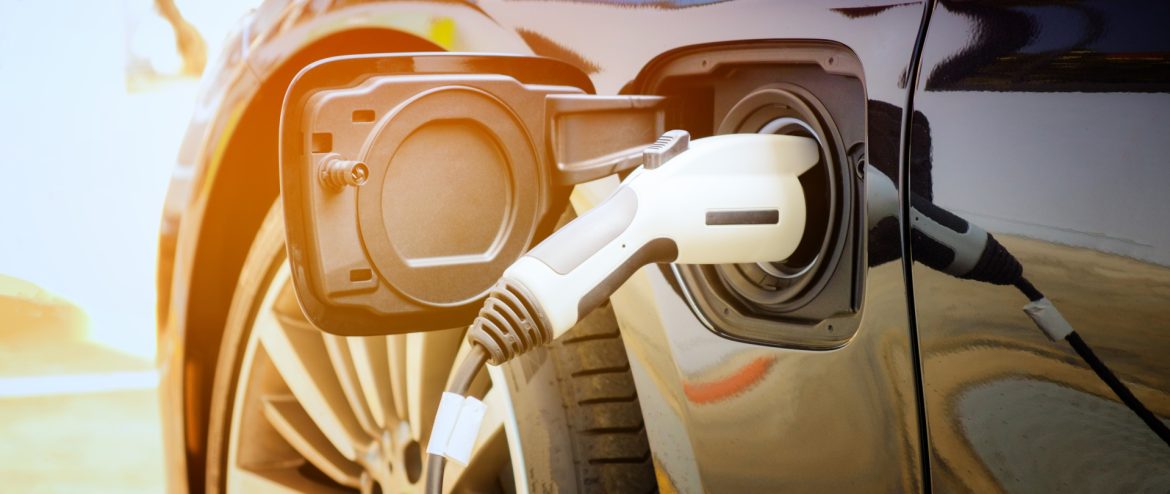*****source- americancityandcountry.com, Andy Castillo, April 13, 2023
Electric vehicles represent the future of transportation, and the federal government is doubling down on its push to increase toward a clean-energy future by introducing the nation’s strongest-ever pollution standards for cars and trucks. The standards are projected to accelerate the percentage of electric vehicles (EVs) in total U.S. car, SUV and light truck sales to 67% by 2032 from its current proportion of around 6%.
The U.S. Environmental Protection Agency (EPA) announced the proposed federal vehicle emissions standards Wednesday to improve air quality for cities and counties across the nation, “especially communities that have borne the burden of polluted air,” a statement from the environmental agency says. “Together, these proposals would avoid nearly 10 billion tons of CO2 emissions, equivalent to more than twice the total U.S. CO2 emissions in 2022, while saving thousands of dollars over the lives of the vehicles meeting these new standards and reduce America’s reliance on approximately 20 billion barrels of oil imports.”
Along with sedans, crossovers, SUVs, and light trucks, the regulations are expected to increase new EV sales to 50% of vocational vehicles (buses and garbage trucks), 35% of new short-haul freight tractors, and 25% of new long-haul freight tractors by 2032.
Over the last several years, unprecedented federal investment in charging infrastructure has laid the groundwork to bolster this ambitious goal. Almost $25 billion to support clean transportation was invested through the Bipartisan Infrastructure Law, and another $6 billion came through the Inflation Reduction Act.
Currently, there are more than 130,000 public chargers across the country, representing a 40% increase since 2020. In correlation, the number of EVs has tripled—and the number of available new EV models has doubled.
This notable increase in models available highlights that it’s not just the federal government that’s moving toward EVs. The broader market is also rapidly shifting in that direction. Since President Joe Biden signed the Inflation Reduction Act into law in August, the private sector has committed more than $120 billion in domestic EV and battery investments.
“The proposed standards align with commitments made by automakers and U.S. states as they plan to accelerate clean vehicle technologies in the light- and medium-duty fleets in the next 10 to 15 years. Car and truck companies are moving to include electric vehicles as an integral and growing part of current and future product lines, leading to an increasing diversity of clean vehicles for consumers,” the EPA’s statement says.
Beyond health benefits, the federal government says the proposed standards will also bring financial savings for consumers. Citing “rapid innovation in the automotive sector” that “has driven down the cost of emissions-reducing technology,” a White House explainer estimates consumers could save an average of $12,000 over the lifetime of their EV vehicle.
“By proposing the most ambitious pollution standards ever for cars and trucks, we are delivering on the Biden-Harris Administration’s promise to protect people and the planet, securing critical reductions in dangerous air and climate pollution and ensuring significant economic benefits like lower fuel and maintenance costs for families,” said EPA Administrator Michael Regan in the agency’s statement. “These ambitious standards are readily achievable thanks to President Biden’s Investing in America agenda, which is already driving historic progress to build more American-made electric cars and secure America’s global competitiveness.”

